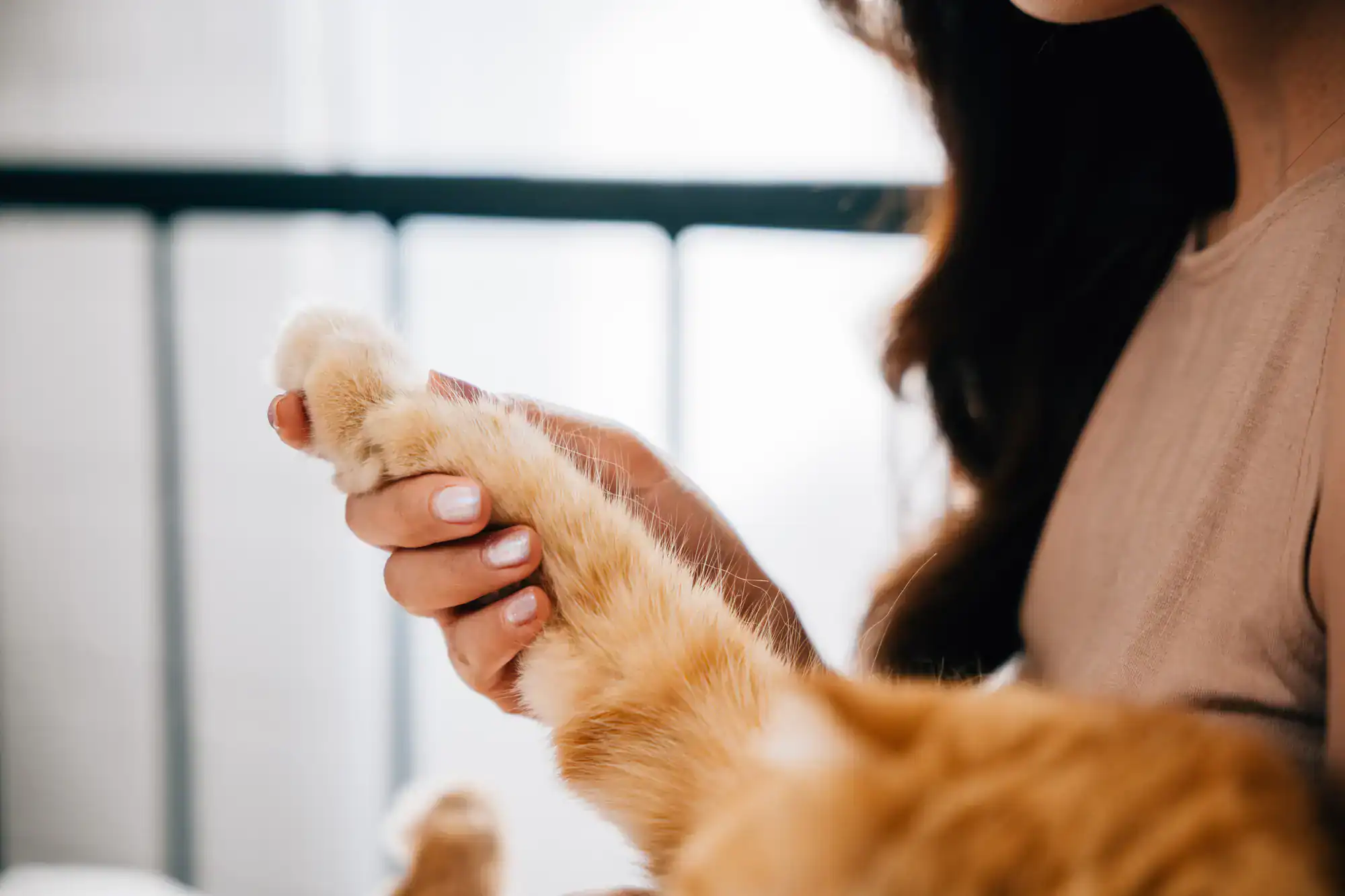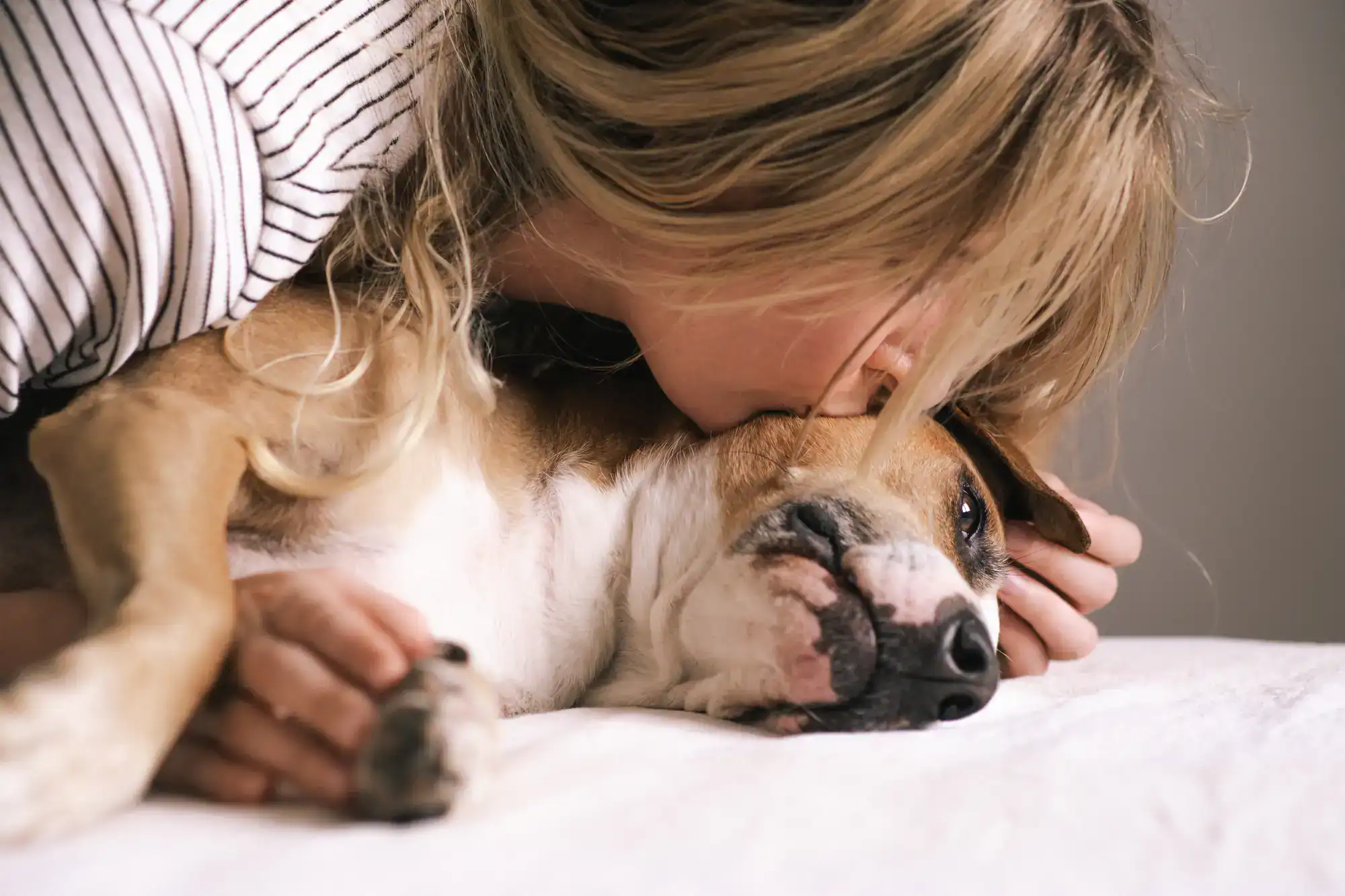Pet Loss Support in Katy, TX
You Don't Have to Grieve Alone
Compassionate guidance and resources when you need them most, helping Katy families navigate pet loss support with dignity and understanding.

Hear from Our Customers

Grief Counseling Resources Katy
Losing a pet isn’t just losing an animal—it’s losing a family member, a daily companion, someone who knew your routines better than most people do. The emptiness hits differently than other types of loss, and that’s completely normal.
You’ll find yourself looking for them in their favorite spots, hearing phantom sounds of their paws on the floor, or reaching for their leash out of habit. These moments aren’t signs you’re “overreacting”—they’re proof of how deep that bond really was.
What you need right now isn’t someone telling you to “get over it” or “just get another pet.” You need space to process what this loss means, resources that acknowledge your grief as legitimate, and guidance from people who understand that pets aren’t replaceable.
Pet Loss Resources Katy TX
We’ve been supporting Katy families through pet loss since 1989. We’re not just another cremation service—we’re a member of the American Association for Pet Loss and Bereavement, which means we understand that aftercare extends far beyond the cremation process.
Our team has walked alongside thousands of pet owners in Harris County during their most difficult moments. We’ve seen how grief shows up differently for everyone—some need to talk, others prefer quiet support, and many just need someone to acknowledge that their pain is real and valid.
We know Katy’s tight-knit community values compassion and genuine care. That’s why we maintain resources and connections to local grief support options, because healing happens best when you have the right support system around you.

Coping with Pet Loss Support
Grief doesn’t follow a timeline, but having a framework helps. First, we connect you with resources that match where you are right now—whether that’s immediate crisis support, ongoing counseling, or simply information about what to expect as you process this loss.
Next, we help you understand your options. Some people benefit from individual counseling with professionals who specialize in pet loss. Others find comfort in support groups where they can share their experience with people who truly understand. Many discover that memorial activities—creating something lasting to honor their pet—becomes an important part of their healing.
The goal isn’t to “get over” your pet’s death. It’s to find ways to carry their memory forward while rebuilding your daily life around their absence. This process looks different for everyone, and there’s no wrong way to grieve someone who meant so much to you.

Ready to get started?
Pet Grief Counseling Katy
Pet loss support in Katy includes access to licensed counselors who understand the unique aspects of animal-human bonds. These aren’t general therapists trying to help with pet loss—these are professionals specifically trained in pet bereavement who recognize that your grief is as valid as any other type of loss.
Local resources include both individual counseling and group support options. Many Katy residents find that combining professional support with peer connections gives them the most comprehensive help. Some prefer virtual sessions for privacy, while others benefit from in-person meetings where they can connect face-to-face with others who understand.
The Houston area also offers specialized resources for complicated grief—when the normal grieving process gets stuck or becomes overwhelming. This might include situations where the pet’s death was sudden, involved difficult end-of-life decisions, or brings up other unresolved losses. Professional support can help you navigate these more complex situations with tools specifically designed for pet loss recovery.

How long does it take to get over losing a pet?
Is it normal to feel this sad about a pet dying?
Should I get grief counseling for pet loss?
What's the difference between pet grief and other types of grief?
Are there support groups for pet loss in Katy?
How do I help my children cope with pet loss?
Other Services we provide in Katy
